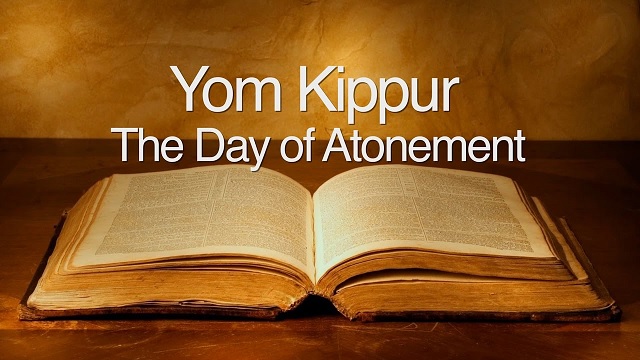ENGLISH CORNER, CON LINDA JIMÉNEZ – Yom Kippur is this week, and in this program we’re offering you two contemporary stories. They were both first published in Jewish Fiction, which is the only English-language journal, either in print or online, devoted exclusively to the publishing of Jewish fiction.
Fiction’s interactive website allows readers to search its 600 stories by theme (such as Jewish holidays, Israel, Holocaust); by author; and by original language (Jewish Fiction has published stories either written in English or translated into English from 21 languages). You can subscribe to Jewish Fiction here.
Yom Kippur Kielbasa was written by Victor Uszerowicz. He grew up in Brighton Beach, New York, and currently is an English professor at Miami Dade College in Miami, Florida. A couple of explanatory notes. Brighton Beach, Sheepshead Bay and Brownsville are all traditionally working-class neighborhoods in Brooklyn, originally populated by immigrants; as their children became more affluent they moved to more upscale towns in Westchester and Long Island. Kielbasa is a typical Polish sausage, made from pork or pork and beef.
Y’varekh’kha Hashem is one of four short stories in That Which Can Never Be Lost: Reflections on a Theme. Its author, Henri Bybelezer, was born in Marseilles, France, and currently resides in Montreal. He has university degrees in law and history and has had careers in both fields as well as in business and teaching. Now retired, he concentrates on his fiction, which is sourced in Jewish scriptural, liturgical, historical and cultural (particularly Holocaust-inspired) themes. The story refers to the priestly blessing. The blessing today is traditionally recited in synagogues by the kohanim, the descendants of Moses’ brother Aaron who served as priests in the Temple. At the appropriate point in the service, the prayer leader will call out “kohanim”, and all kohanim present participate in the blessing.




